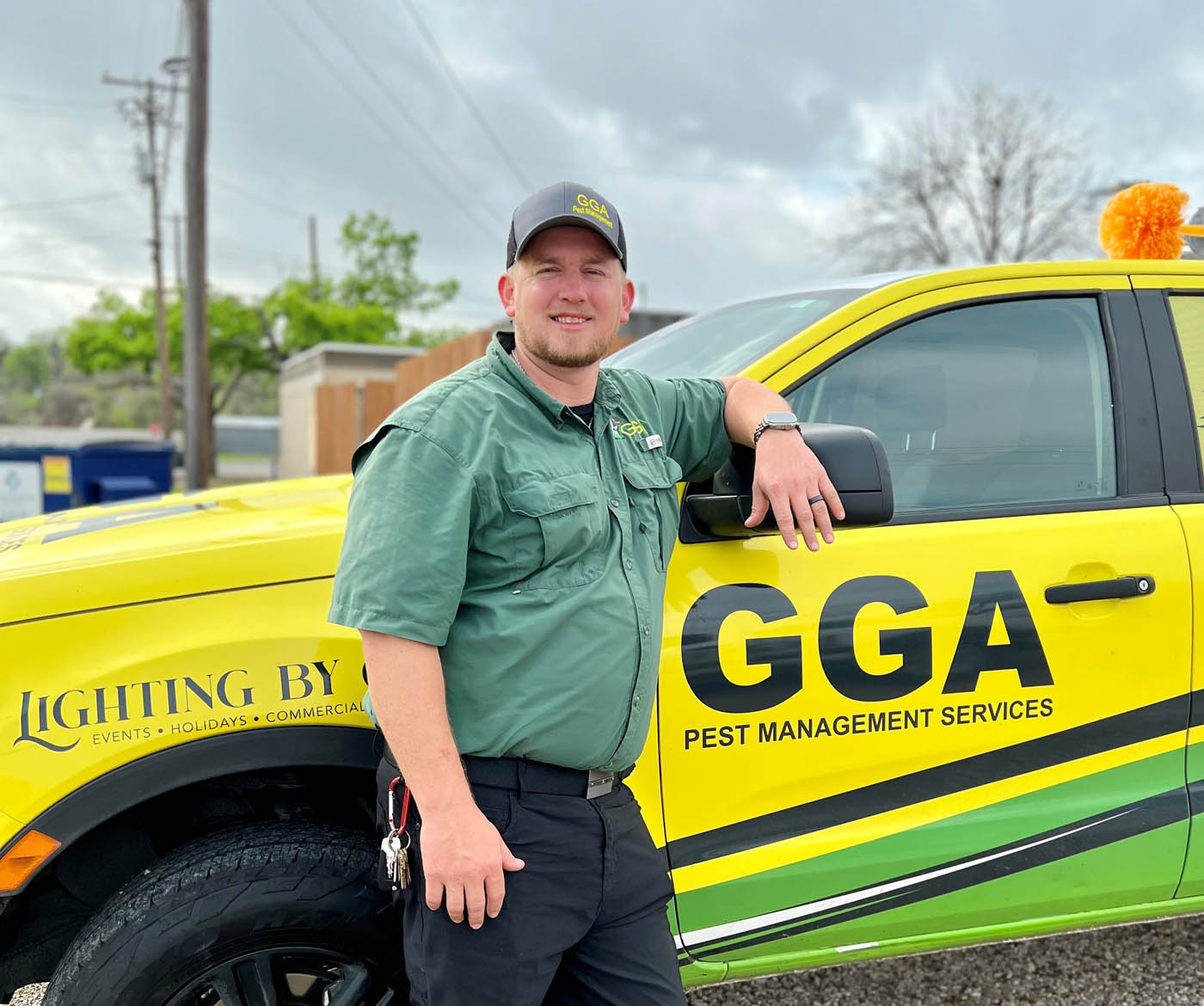Bloodsucking Moths Are Fairly New To Researchers
November 2, 2016
Many people assume that moths pollinate plants during the night, and that moths have a taste only for nectar. However, some researchers are learning that this is not the case with all moths. For example, calyptra is a genus of "vampire moth," and, as you can guess, enjoys the taste of human blood
Many people assume that moths pollinate plants during the night, and that moths have a taste only for nectar. However, some researchers are learning that this is not the case with all moths. For example, calyptra is a genus of "vampire moth," and, as you can guess, enjoys the taste of human blood and is not afraid to go after it.
The females of this genus, however, do not drink blood, but instead feed on nectar only. It is the male vampire moth that seems to have such a taste for mammal blood. Sometimes the male vampire moths will penetrate through the hard skin of buffalo just to get a taste of it.
Most flying insects, or well over ninety nine percent of them, don't feed on animal blood, but prefer to get their nourishment elsewhere. So far researchers are not exactly sure why a small number of flying insects, such as the vampire moth, prefer blood over other substances for nourishment, but flying insects evolved from a variety of different conditions so there could be a variety of reasons for their preference for animal blood.
Why would evolution favor animals that consume the blood of other animals?




